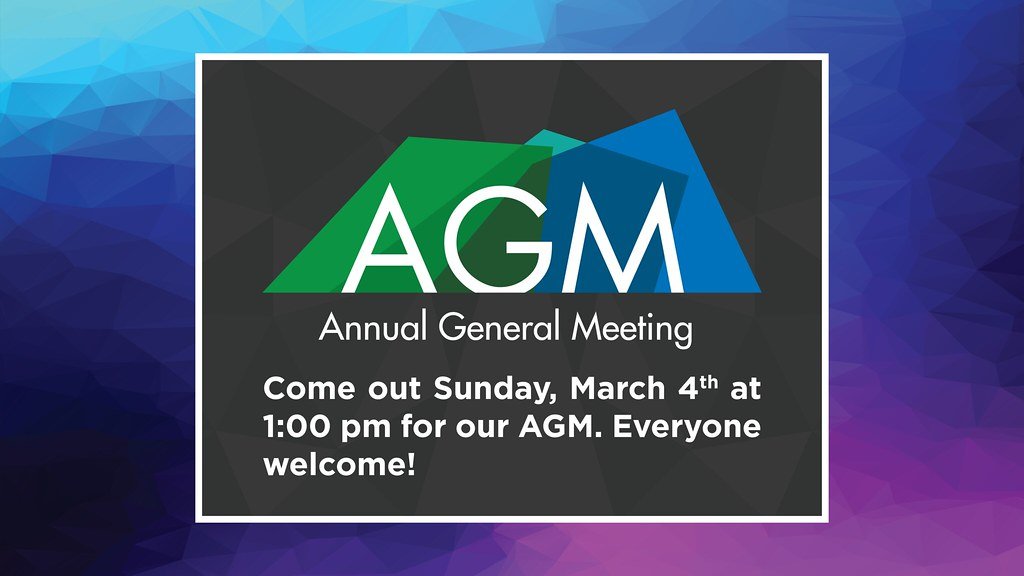In the case of Mr. Umesh Aggarwal v. RICOH India Ltd. (Company Appeal (AT) (Insolvency) No. 621 of 2018) the NCLAT gave clarifications regarding Section 10 of the Insolvency and Bankruptcy Code, 2016.
The facts of the case were that the Respondent, i.e. the Corporate Debtor filed an application under Section 10 of the Insolvency and Bankruptcy Code, 2016, without impleading any lender as party.[1] The Appellant who is a shareholder filed an appeal against the adjudicating authority admitting the application.
The contention of the Appellants was that the application was filed without the shareholders being consulted for the same. Before filing an application under Section 10 of the IBC no Annual General Meeting (AGM) or Extra- Ordinary General Meeting (EoGM) was held. It was submitted that though it was not required to file an application under Section 10, the board of directors decided the same in its meeting. The case of ‘Gaja Trustee Company Private Limited & Ors. vs. Haldia Coke and Chemicals Private Limited’ – 2018 SCC OnLine NCLAT 331’ was referred in which it was held by the NCLAT that an application under Section 10 was not maintainable, if as per the ‘Articles of Association’ no AGM or EoGM are conducting to take a decision.
The Article 127(xii) of the Articles of Association of RICOH empowered the board of directors to pass any order for winding up and/or presenting a petition for winding up the company.[2] The same was not the case in the case of ‘Gaja Trustee Company Private Limited & Ors. vs. Haldia Coke and Chemicals Private Limited’ – 2018 SCC OnLine NCLAT 331’.
The IBC has been amended on June 6th, 2018, according to which an application under section 10 is not maintainable without a decision from the shareholders during AGM. However, the application was admitted on 14th June 2018 which is prior to the amendment. So, the amendment was not applicable to the present case.
Subsequently it is found that in August 2018 the matter was placed before the AGM, who approved the decision for filing the application.
The appeal was dismissed by the NCLAT as there were no merits in the matter.
[1] Company Appeal (AT) (Insolvency) No. 621 of 2018
[2] Company Appeal (AT) (Insolvency) No. 621 of 2018


